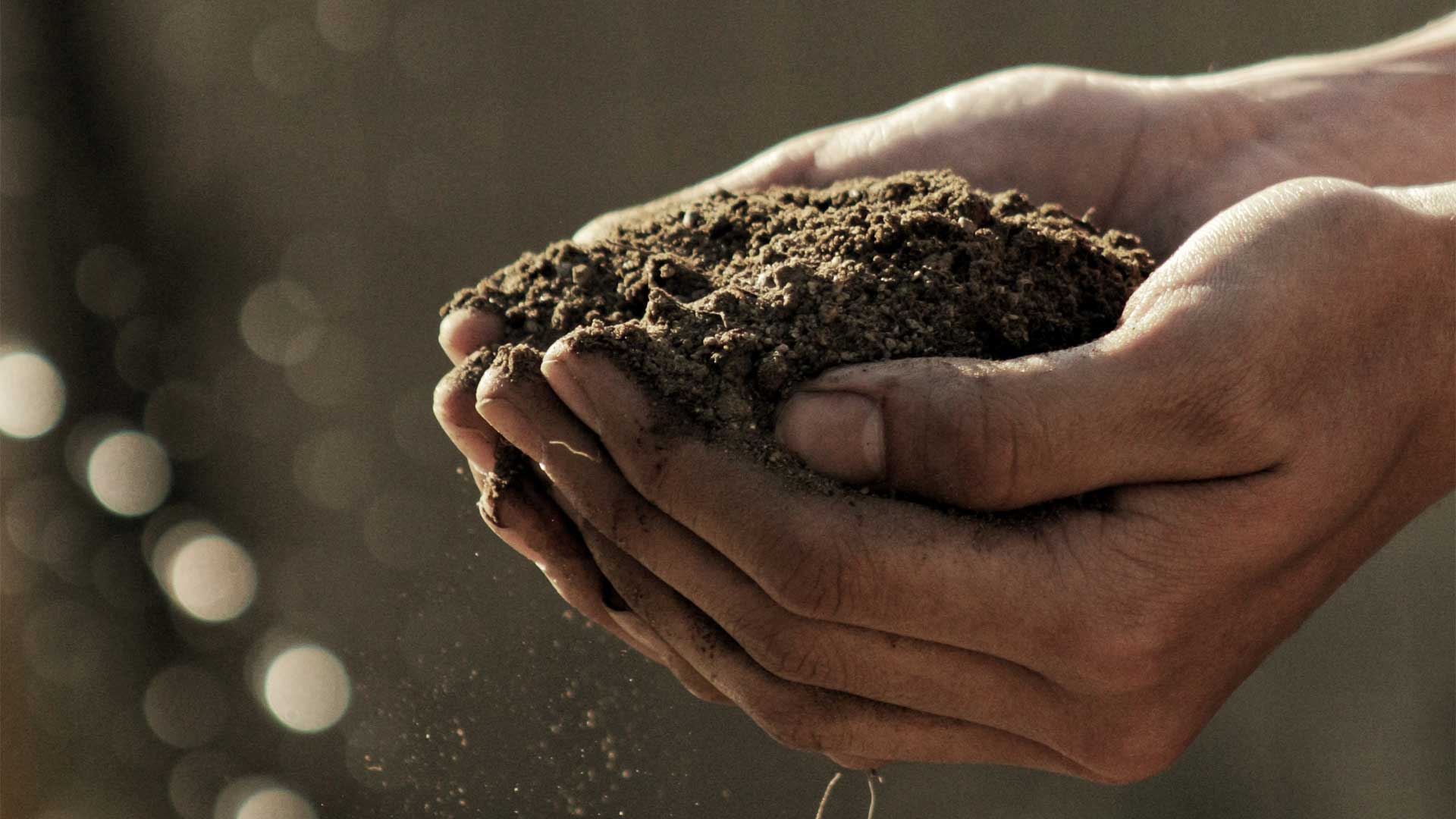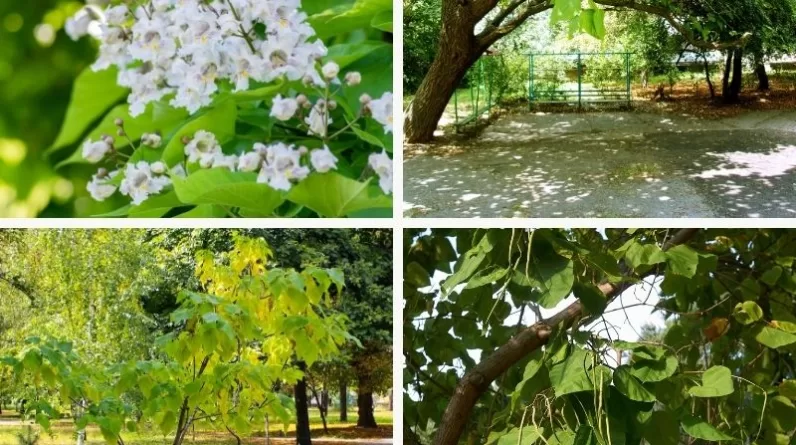Several options are available to you when the time comes to fertilize or amend the vegetable garden and flower beds. You may know that composts and fertilizers enrich the soil and nourish your plants, but do you know which ones to use to give your vegetables, flowers, and shrubs what they need – and ensure you get the best results? the same occasion? In this article, we present the differences between compost and fertilizer.
Tell the difference between compost and fertilizer
Compost
Composts are the result of the decomposition of organic matter. They are divided into two main categories, plant compost and animal compost, more commonly called composted manure.
As its name suggests, plant compost is the result of the controlled decomposition (composting) of plant materials, such as food waste, dead leaves, and lawn mowing residue. Composted manure is the result of composting excrement from herbivorous animals such as cows, horses, sheep, or chickens. A vegetable portion is added (sphagnum peat) so that the manure can compost (supply of oxygen). The objective is to make the product drier, less odorous, and above all easy to spread. Composted manure is therefore a mixture of animal compost and plant compost.
Generally speaking, composts aim to:
- improve the structure and fertility of the soil in the long term by enriching it with beneficial microorganisms;
- provide plants with a natural source of essential nutrients to promote their growth; And
- increase the organic matter content of the soil to facilitate water and nutrient retention.
However, it is important to know that composted manure is generally richer than plant compost. Although they both contain a full range of minerals, composted manure contains macronutrients (nitrogen, phosphorus, potassium) in greater quantities which makes it a more attractive amendment. There are composted manures on the market that are enhanced with ingredients that bring added value to your vegetable garden and flower beds. Take, for example, Biofor composted manure with peat and bark. This mixture contains bark which breaks up compact soil particles, thus improving the drainage of heavy, clayey soils, which promotes the development of root systems. We can also think of Biosol composted manure with peat, algae, and shellfish, which is enriched with algae and shellfish meal which are an excellent source of micronutrients (calcium, magnesium, sulfur, iron, zinc, etc.). Micronutrients serve to strengthen the immune system of plants so that they are more resistant to stresses such as frost, drought, diseases, and pests.
Fertilizer
Unlike composts which enrich and improve the structure of the soil in the long term, fertilizers aim to feed plants directly and quickly. A fertilizer is a concentrate of organic substances and/or minerals designed to provide additional nutrients to plants to improve their growth and promote generous flowering and an abundant harvest. Its formulation includes a combination of predetermined percentages of nitrogen, phosphorus, and potassium (NPK) as well as other micronutrients.
Natural or synthetic fertilizers
There are all kinds of fertilizers on the market (water-soluble, granular, liquid, etc.) which fall into two main categories: natural fertilizers and synthetic fertilizers.
Synthetic, or synthetic, fertilizers, such as ammonium nitrate, ammonium phosphate, and potassium sulfate, come from a mineral (non-living) source and have undergone chemical or mechanical processing. Nutrients are easily assimilated by plants to provide rapid and striking results.
As for natural fertilizers, they are composed of organic (animal or plant) or mineral sources that have only undergone mechanical transformation (drying, grinding, or sieving). They include bone meal, blood meal, feather meal, chili nitrate, sulfate of potash, and algae. Their action is generally slow and long-lasting because they must first be transformed by soil micro-organisms to be assimilated by plants, which makes the risks of leaching and root burning almost zero. They are also less concentrated than synthetic fertilizers. You will notice that the numbers on the packaging are always smaller.
How to use composts
Composted manures are excellent amendments for flower beds, vegetable gardens, lawns, and window boxes. They can be used virtually anywhere, no matter the season! To ensure sustained growth and abundant flowering, simply apply a few centimeters to the bottom of your planters and spread a thin layer on your lawn, in your vegetable garden and flower beds, once a week. year.
How to use fertilizers
Granular synthetic fertilizers are typically applied about every six to eight weeks. Slow-release fertilizers work for months, so a single application is usually enough for a growing season. Water-soluble or liquid fertilizers act quickly. They should be applied every two weeks to compensate for nutrient loss due to leaching. Natural fertilizers should be applied every four weeks, as they release nutrients gradually. Fertilizers should be applied throughout the growing season, according to the manufacturer’s recommendations on the package, as their composition varies.
Compost or fertilizer? Use them together!
In summary, your garden and flower beds need a balanced supply of nutrients throughout the year. It is important to understand that compost and fertilizer are complementary and each plays a crucial role in the growth of your plants. Composts nourish the soil and improve its quality (structure, microbial life), while fertilizers nourish the plants. Composts alone are not enough, as their supply is slowly depleted throughout the season. This is where fertilizers come into play, as they contain a greater amount of nutrients. They will complement the work of compost by supporting the healthy and vigorous growth of your plants throughout the season.









